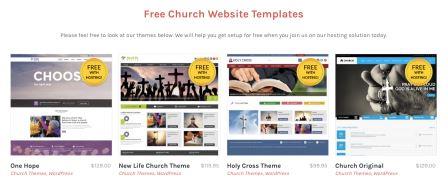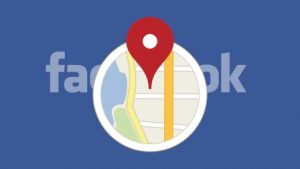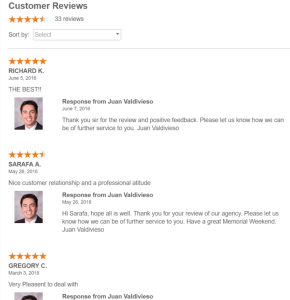
There are all kinds of professional freelancers out there. From virtual assistants and voiceover specialists to copywriters and social media marketers, if there’s a genuine need for a skill, there are bound to be freelancers offering their services. That said, there’s one specific sliver of the general freelancing realm that’s always of special interest to businesses all over the world—web design.
No, it’s not that web designers’ skills are superior to those of their other freelancing counterparts, it’s just that what they produce is so closely linked with the aesthetic side of brand building, that the two are often seen as being joined at the hip. It’s one thing to create a logo. It’s another to take said logo and design a visually appealing platform through which products and services can be successfully sold—a website.
There’s no denying the abundant need for freelance web designers, but what can be tricky, however, is overcoming the many obstacles they routinely face—poor pay, third-world contractors and actually earning the interest of potential clients.
That last one is of particular interest, isn’t it? As a freelance web designer, are you struggling to get the attention of awesome, one-of-a-kind customers? If so, the solution to your personal marketing problems could very well come down to one thing—specialization. Simply put, the more specialized your web design skills, the stronger your marketability becomes.
The Importance of a Niche
Being a freelance web designer is hard work. So, if you’re to ditch the nine-to-five mentality most creatives within your field have acquired over the years, you’ll need all the help you can get. This is why developing a niche is so important. Most freelance web designers feel that by becoming a Jack of all trades, they’ll increase the number of clients with whom they can work.

In theory, this makes sense. However, there’s one giant problem—as any kind of freelancer, when you don’t focus on anything specific, you become a master of nothing. In fact, the entirety of the aforementioned figure of speech goes as follows—Jack of all trades, master of none.
The idea here is to create demand. Once you’ve positioned yourself as the go-to expert within a well-defined area, not only will more businesses approach you for work, but as a direct result, your rates will begin to climb.
A Few Popular Options
The importance of specialization is undeniable, but with all of this in mind, what exactly should you be specializing in? Though by no means an extensive list of every niche you could possibly enter, the following three categories are broad funnels through which you can begin to zero in on your freelance business’ speciality:
1) Platforms
Sure, you’re a web designer, but that doesn’t mean you can’t dip your toes into the waters of development, either. For example, in today’s day and age, with the blogging boom the World Wide Web has seen over the past decade, more businesses are taking to WordPress, Squarepace, Weebly and Wix for site creation than ever before.

Are you a web designer with a knack for using—and modifying, mind you—any of the Internet’s most popular website builders? Should that be the case, add the channel to your professional repertoire. The more complete your ultimate service offering, the better. You’re not a Jack of all trades, but you can become a type of one-stop shop for your clients.
2) Businesses and Organizations
There are many ways to specialize as a web designer who works with certain businesses and organizations. For starters, is there a particular type of entity you prefer to work with? Whether it be boutique ad agencies, academic institutions or non-profit organizations, the larger your industry-specific portfolio, the more sway you’ll carry. As shown by the screenshot below, even a niche as finite as religion could potentially work for you and your freelancing business.

However, if interest-based niches seem too limiting for your freelance web design business, consider trimming down your speciality according to the size of the businesses with which you work. Small businesses and startups, for example, love working with freelance web designers because of their affordability and creative genius.
3) Styles and Services
Yes, you might tout yourself as a “Freelance Web Designer,” but more than anything, you’re an artist. As such, it’s natural to assume that your work is different from that of your competitors. The larger your portfolio becomes, the more your unique style develops, as well.

But style isn’t everything. Remember, the clients you work with as a freelance web developer are more concerned with making money than anything else. Because of this, in addition to your design ability, make it a point to specialize even further through the services you offer. This might mean your body of work focuses solely on UI/UX, fonts and icons or maybe banner ads. Whatever your special style or service becomes, make it yours—own it.
Conclusion
Freelancing is an awesome outlet for talented web designers. Without a specific specialization, however, it can be difficult to stay afloat in an increasingly competitive marketplace. There’s no need to worry, though—by simply zeroing in on what you’re best at and making certain that others know it, you could have a long, successful freelancing career ahead of you.
Digital & Social Articles on Business 2 Community(113)
Report Post





